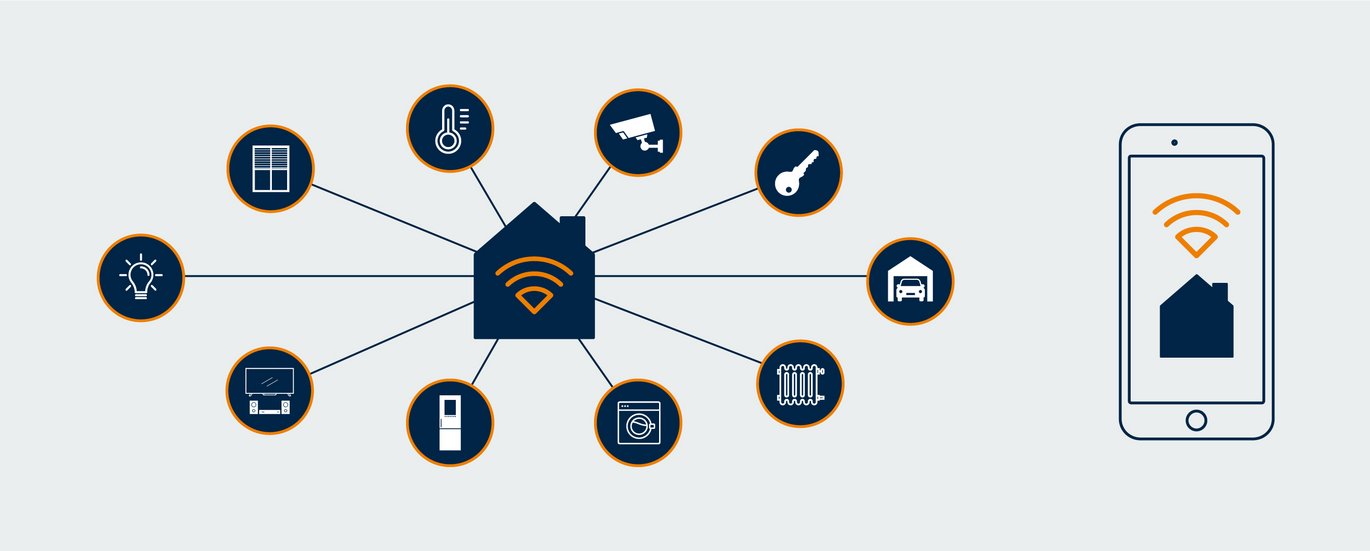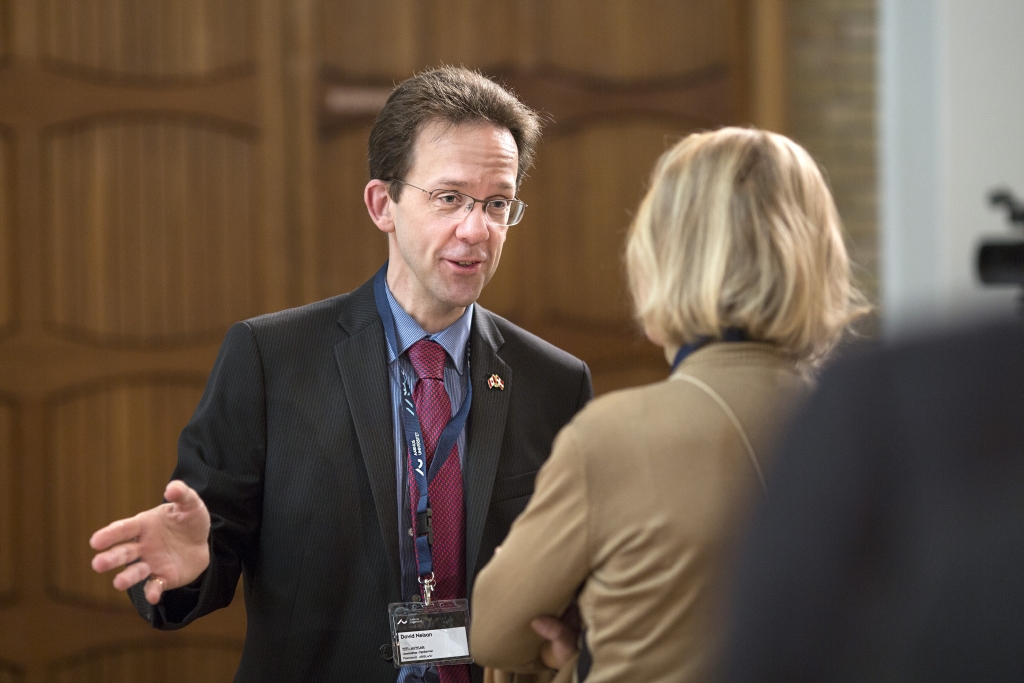A house is a data centre
From now on, your home will be a direct communication channel between the residents and the suppliers of the future. Backed by the Danish Industry Foundation, a new research project at Aarhus BSS zooms in on this digital challenge for the construction industry.

A house is no longer just a house for us to live in. Buildings are becoming increasingly interactive, functioning more and more as digital information services, data suppliers, service providers and communication channels. This makes way for new business models and a digital transformation of the industrial sector.
“Companies that used to be business-to-business sub-contractors to the construction industry are now starting to communicate directly with the residents and users of the house. This generates vasts amounts of data on consumer habits and needs. Such knowledge may be translated into new products and services, but may also change customer relations and value chains significantly. This means that current manufacturers and suppliers are threatened by the more digitally ready actors on the market - and that everyone in the business community - not just in the construction industry - must consider the digital transformation,” says Mads Lebech, CEO in the Danish Industry Foundation.
Data is collected everywhere
Heat pumps, windows, systems controlling electricity, water and heat, security alarms, health services and much more will be equipped with intelligent sensors thereby transforming a traditional home into a Smart Home. Here the direct contact between the supplier and the end user is key.
“For the entire construction industry and its suppliers, this involves great changes that lead to new sales and customer relations, new partnerships, pricing strategies and export markets. The digital transformation redefines business systems and models as well as value chains in the construction industry and other industries that supply products or services to people’s homes,” says Professor Børge Obel from the Department of Management at Aarhus BSS, who has received the DKK 5.23 million grant from the Danish Industry Foundation in connection with the foundation’s specific digitisation initiative.
New business models
Over the next two years, the Smart Home project will be developing and testing a strategy and development process for companies interested in developing new digital business models. Initially, the process will be developed in collaboration with 10 companies within the Smart Home industry. Later on, another 100 companies will be invited to take part. While the process is being tested, the researchers will gather information about the Smart Home customers’ experiences and needs and about the digital maturity of the company. This information will be included in the development process and will be applied in the development of an app that the companies can use to measure their own digital maturity. The process and the app should help the companies decide where to act if they wish to secure growth.
The companies are also invited to attend a Master Class on digital transformation with international experts and researchers. In addition, a number of scientific articles will be developed on the basis of the project. Apart from researchers from Aarhus BSS, the project also involves researchers from MIT (Massachusetts Institute of Technology) and Universität Rostock. The Alexandra Institute is a partner on the project.
Read more about the project Smart Home
